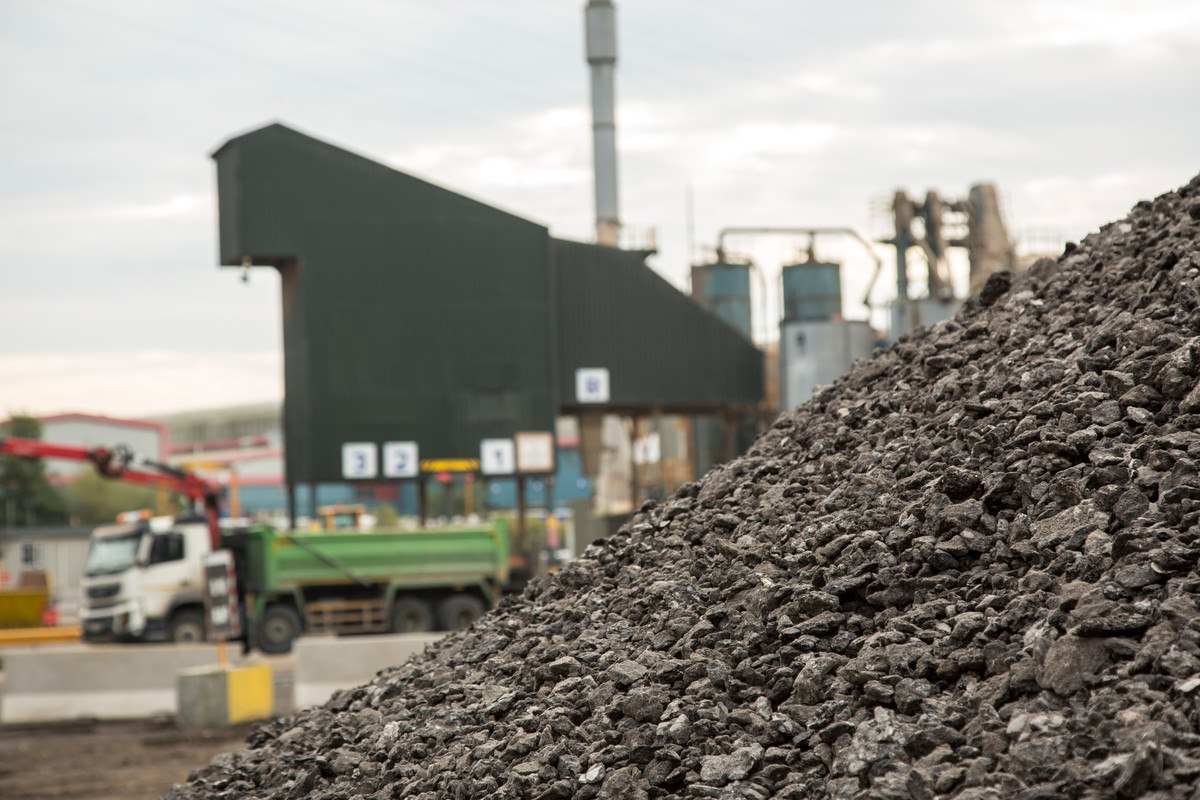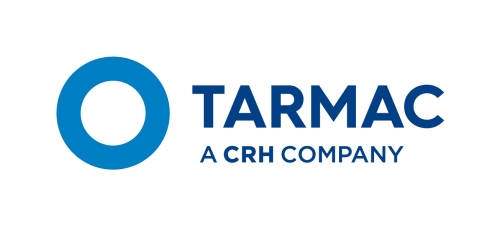resource efficiency
"We are undertaking trials involving rubberised asphalt, which we believe will provide at least the same safety, grip and rideability performance as conventional asphalt.
Brian Kent, technical director
highlights
By developing business models that keep resources in use, we’re continuing to make a significant contribution to the efficient use of resources and to the circular economy. By re-using materials that would otherwise be disposed of as waste, we not only divert them from waste streams but also reduce the carbon footprint of products and promote resource efficiency. As a business we are a net user of waste and secondary materials, using more of other people’s waste than the waste we produce ourselves. In 2018, we used 8.7 million tonnes of waste and secondary materials from other sectors as raw materials in our products and as fuel for our manufacturing processes, and sent around 53,592 tonnes of waste to landfill.
| Type | Tonnes | % |
|---|---|---|
| Hazardous waste to landfill | 831.7 | 0.17% |
| Non-hazardous waste to landfill | 9,885.5 | 2.08% |
| Inert waste to landfill | 204 | 0.04% |
| Hazardous waste recycled | 37,845.5 | 7.95% |
| Non-hazardous waste recycled | 303,604.6 | 63.81% |
| Inert waste recycled | 123,414.6 | 25.94% |
| Total | 475,785.9 | 100% |

We use wastes from other industries as part of our comprehensive waste derived fuels programme within our cement business. In 2018 we used 73,000 tonnes of waste to heat our cement kilns.
We use recycled aggregates and other materials such as ground granulated blast furnace slag (GGBS) from the iron and steel industry and fly ash from coal-fired power stations as cement substitutes together with slag aggregates in the manufacture of ready mixed concrete. We also use RAP (Recycled Asphalt Planings) in the manufacture of our asphalt products. 2018 saw continued efforts to progress our use of RAP, recycling over 793 ,000 tonnes. This represents a contribution of 19.5% against total asphalt production.
Most of our products are delivered in bulk to customers, which means we use relatively little product packaging. But where packaging is required, we try to minimize it.
| Type | Packaging Supplied (Tonnes) |
|---|---|
| Paper | 1,341 |
| Plastic | 3,472 |
| Wood | 10,156 |
| Metal | 1 |
| Total | 14,970 |
The vast majority of our products can be delivered in bulk, completely avoiding the need for any packaging. During 2018 we established a cross business working group to focus on the use of plastic and, in particular, plastic packaging. However, for a small proportion of products, plastic packaging is used when delivering products to customers. This may be due to safety reasons, to protect product integrity, to protect products from the weather and to reduce wastage. At present, plastic remains our most sustainable option, nevertheless, we are working hard to find ways to reduce plastic packaging and to reduce plastic consumption across our business. We are looking at ways to increase the amount of recycled plastic in packaging well as reduce the thickness of the plastic needed.
We also play an important role in recycling society’s low value, end-of-life plastic waste plastic as a raw material or as a solid recovered fuel, when other recycling options have been exhausted. This helps to ensure that these plastics prevented from entering the environment.
Water is essential for many of our manufacturing operations. With the demand for water continuing to increase in the UK as the population grows and the need for industry to adapt to the potential impacts of climate change, water availability will be under increasing pressure. Water conservation therefore forms an important part of our resource efficiency programme and our efforts to move to a more circular economy.
We’ve already introduced water management plans at our sites as part of our progress towards our target to cut abstracted and mains water by 25% by 2020. The new plans analyses the movement, abstraction, discharge and use of water at a site, identifying opportunities to reduce water use as well as risks posed in terms of water shortages, floods and pollution incidents.
During the year we used a total of 19.3 million cubic metres of water, of which 15.8 million cubic metres were abstracted from groundwater and surface water sources, two million cubic metres from potable water supply and circa half a million cubic metres derived from recycled water systems. This increase compared to previous years is largely due to improvements in reporting and collation of data.Read how we’re using waste water from Yorkshire water in the manufacture of concrete
Performance high delivery
Read case study
